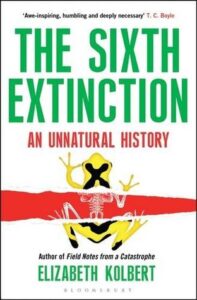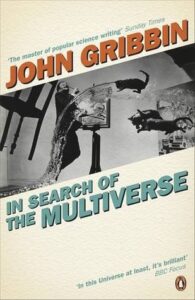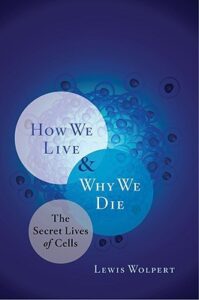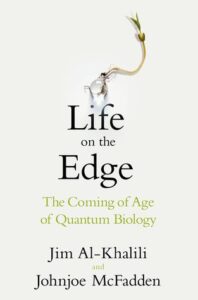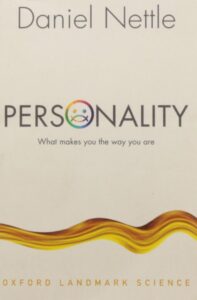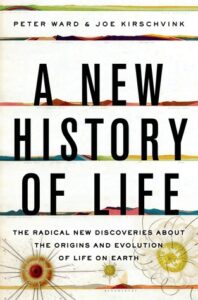The three ‘W’s are what are you reading now, what have you recently finished reading, and what are you going to read next, and you can find this week’s post here if you want to check out other posts. I’ve been reading less than I’d like this week, because my exams are upon me and I’m really having to put my nose to the grindstone to just learn the last bits that won’t stick in my head. Mind you, I had my human biology exam yesterday, and that was really easy. So here’s hoping it continues that way!
What are you reading now?
I’m halfway through NeuroTribes, by Scott Silberman. On the one hand, I’ve heard good things about it, but on the other I’m a little put off by the fact that there was a whole chapter focused on how hard having an autistic child was for two particular parents, and how they put him through all sorts of nonsense therapies in the hopes of fixing him. Sure, they eventually decided to accept him as he was, but the whole thing was just focused on their experience, their “anguish”, etc, etc. What about this poor kid who got forcefed food he didn’t like and ridiculous supplements, to try to make him into a different child altogether? I’m more worried about him, thanks.
I know Silberman does actually go on to talk about accepting neurodiversity, accommodating autism rather than stigmatising people who have it, but that chapter did put me off rather.
(Note: I’m not on the spectrum, so take my opinion with a pinch of salt.)
Fiction-wise, I’m reading Marie Brennan’s new novella, Lightning in the Blood. I should really finish it today, but… studying.
What have you recently finished reading?
 I just finished Death on Earth, by Jules Howard. It was interesting enough, but it really skims the surface. It hinted at the same things as The Worm at the Core, for example, but pulled back from it. And in terms of biological death… I don’t know any more than I did going in.
I just finished Death on Earth, by Jules Howard. It was interesting enough, but it really skims the surface. It hinted at the same things as The Worm at the Core, for example, but pulled back from it. And in terms of biological death… I don’t know any more than I did going in.
The last fiction book I finished was Shanghai Sparrow, which is fun but nothing special — fairly typically steampunky, with some fairies thrown in.
What will you read next?
I should read one of my book club choices, so either Robin Hobb’s Farseers trilogy, The Hate U Give by Angie Thomas, or The House of Binding Thorns by Aliette de Bodard. Technically all of these need finishing by the end of this month, so I should, you know. Get to it.
But then there’s also library books I need to read before I go back to Belgium again, because of course I raided the libraries here. So maybe I’ll read The Shambling Guide to New York, by Mur Lafferty.
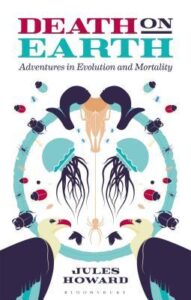 Death on Earth, Jules Howard
Death on Earth, Jules Howard
